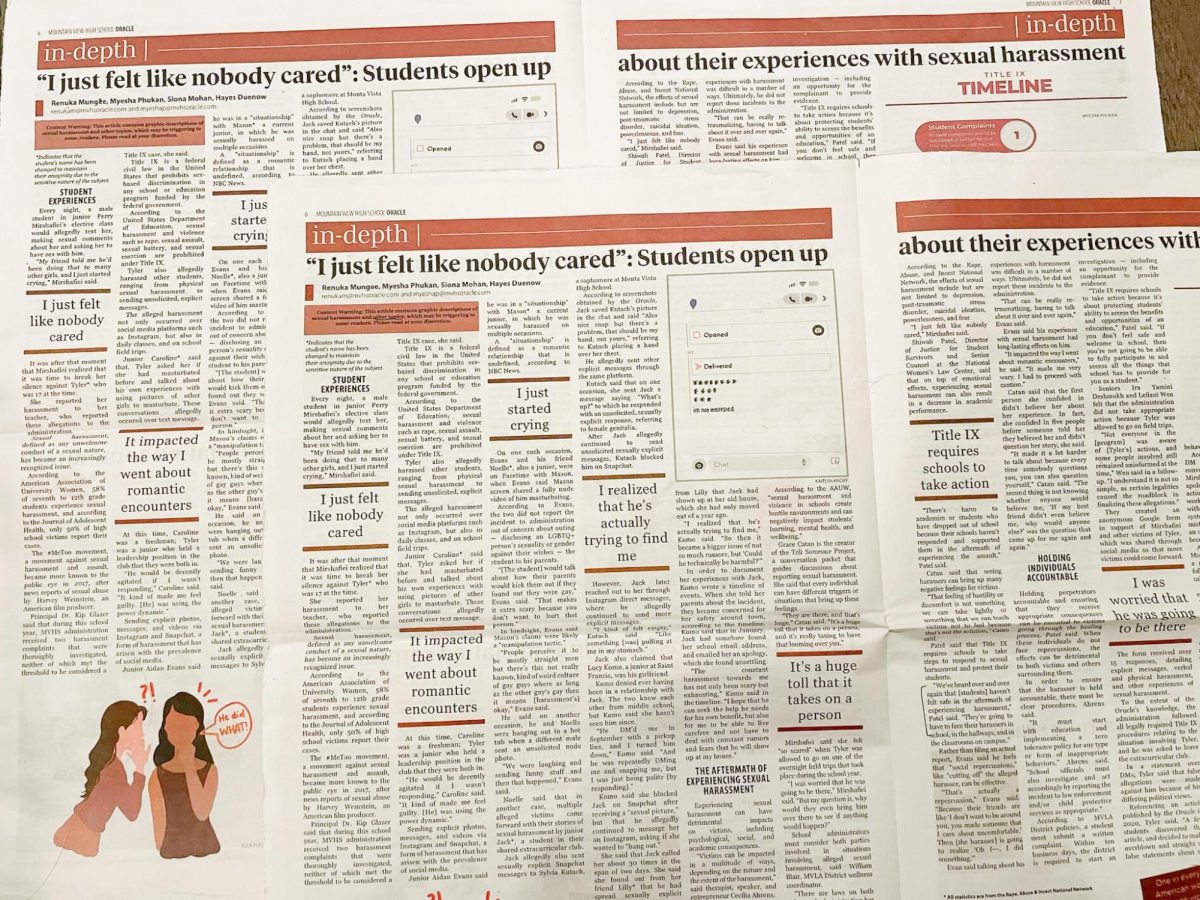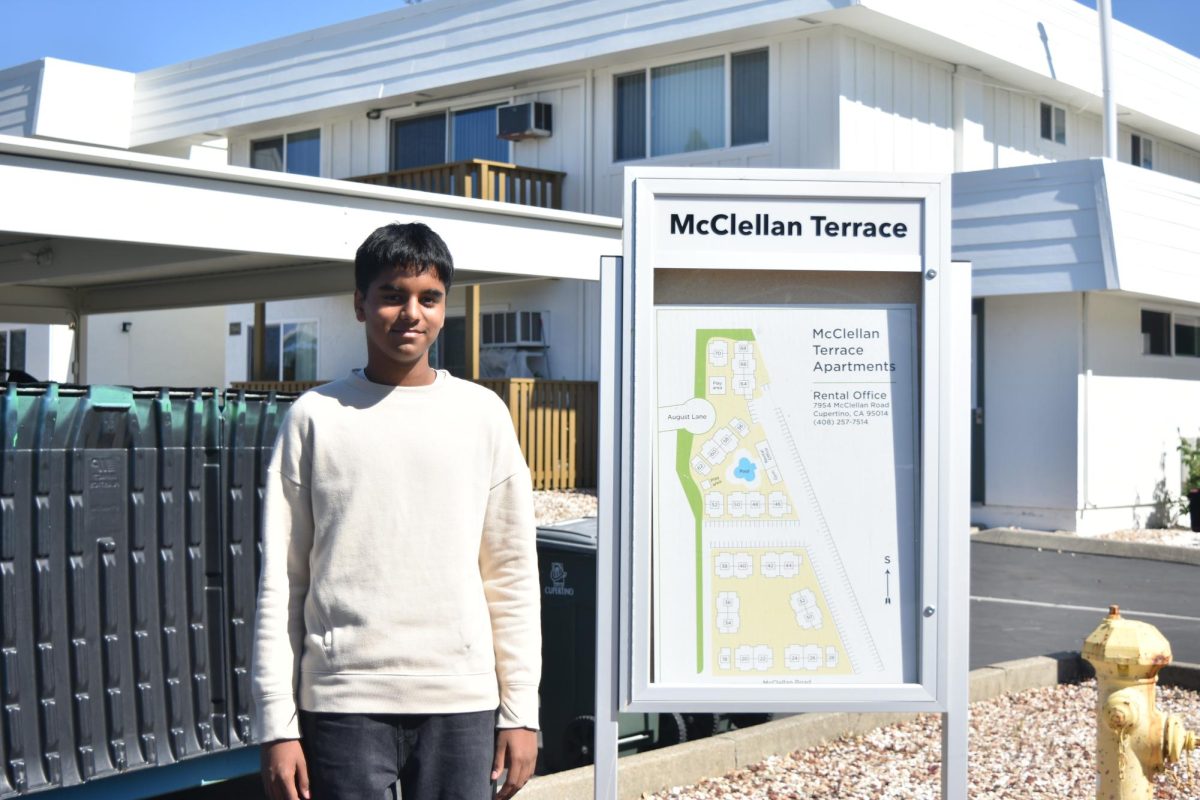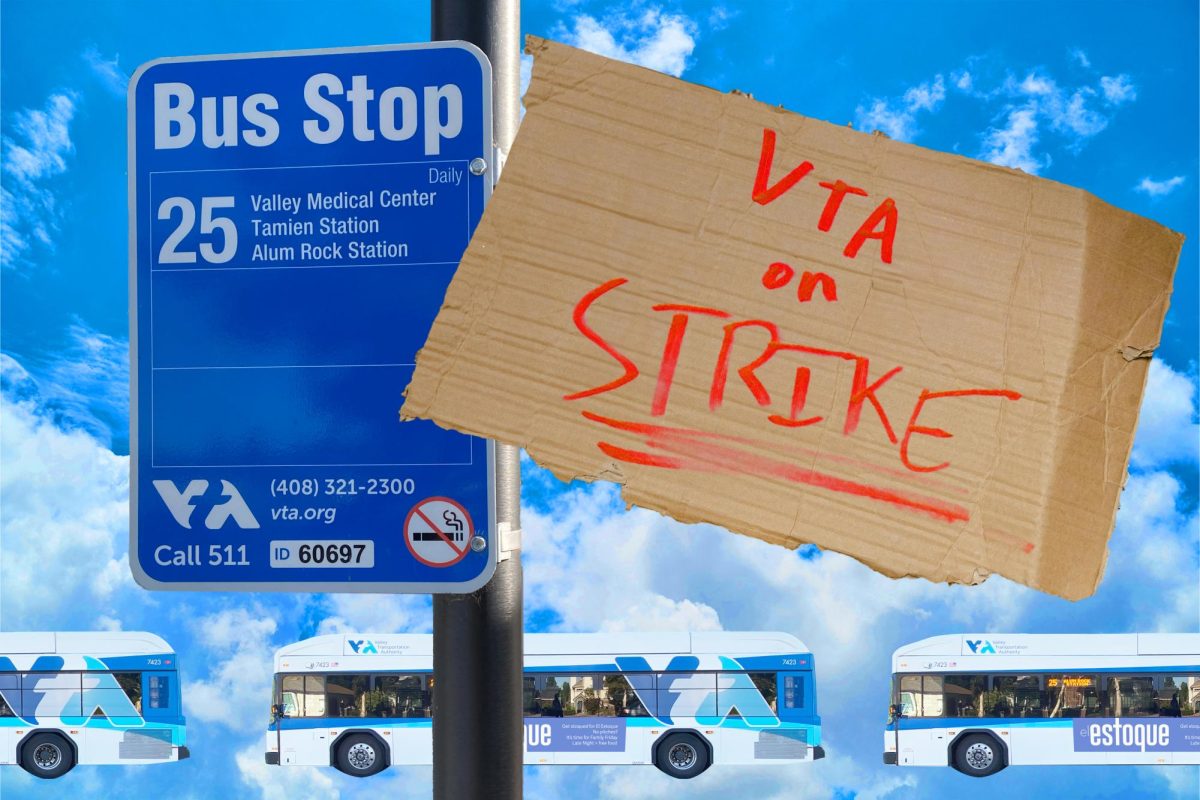Teacher and student representatives of Mountain View High School’s news publication, the Oracle, filed a lawsuit against MVHS Principal Kip Glazer and the Mountain View-Los Altos Union School District, detailing censorship issues the school publication faced from the administration revolving around an article describing student experiences with sexual harassment from other students. Filed on Feb. 22, the lawsuit’s plaintiffs include MVHS senior Hanna Olson, MVHS ‘23 alum Hayes Duenow and Carla Gomez, the former adviser of the Oracle.
When the article was published in the April 2023 issue of the Oracle, it had already undergone revisions due to requests Glazer made after being contacted by the parents of an alleged perpetrator. Glazer spoke to the staff, including student journalist and current senior Siona Mohan, about the delicate nature of sexual harassment and the negative implications the story might project on the school’s reputation, suggesting that the writers delete the more sensitive material in the story.
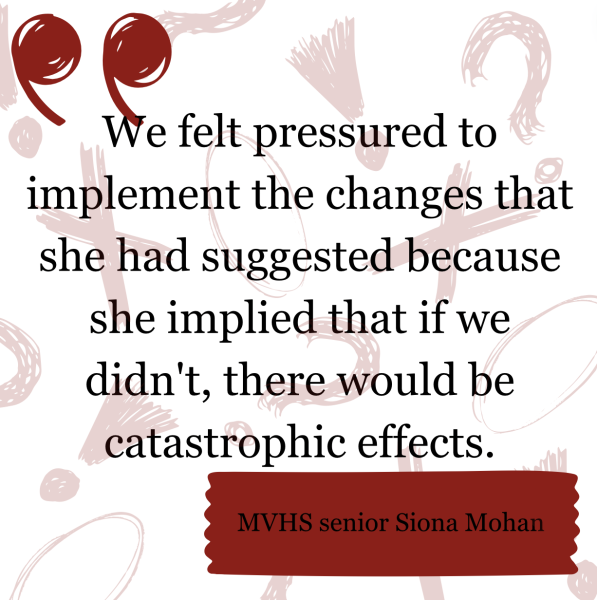 “She was very intimidating in the sense that she was expressing her concerns with the article being published the way it was and asked for prior review, which we did grant,” Mohan said. “We felt pressured to implement the changes that she had suggested because she implied that if we didn’t, there would be catastrophic effects.”
“She was very intimidating in the sense that she was expressing her concerns with the article being published the way it was and asked for prior review, which we did grant,” Mohan said. “We felt pressured to implement the changes that she had suggested because she implied that if we didn’t, there would be catastrophic effects.”
The lawsuit alleges that the demands put forth by Glazer entail a violation of California Education Code 48907, which affirms freedom of high school student journalists to publish topics of their choice as long as the content is not explicitly libelous, slanderous or obscene and does not encourage students to violate laws or school regulations. The code has protected student journalist rights since its implementation in 1977. After the Supreme Court ruled on the 1988 Hazelwood v. Kuhlmeier case that school publications were not intended as public forums and were subject to school editing and prior review, additional provisions were added to the code, including protection for journalism advisers.
Jean-Paul Jassy, a partner at Jassy Vick Carolan LLP and one of the attorneys representing the lawsuit’s plaintiffs, argues that the code is especially applicable to the situation at MVHS.
“The code allows for very limited circumstances where an administrator can censor or restrict any portion of an article or publication,” Jassy said. “It also provides strong protections for advisers who are acting to protect their journalism students. The student journalists are bringing a claim for censorship under this provision because the administration did not have the legal authority to censor or pressure them into censorship.”
Following Glazer’s requests, the writers agreed to remove some descriptions of the victims’ experiences, including details about the victims’ hesitancy to go on school trips with the alleged perpetrators.
“We had to take out language that described the sexual harassment more graphically,” Mohan said. “I think it took away from the impact of the story, and I wish we hadn’t in hindsight.”
After the article was published, the Oracle’s adviser, Carla Gomez, was removed from her position and replaced by MVHS Drama teacher Zachary Pacho Morris. Gomez, an educator with tenure, had been teaching in MVLAHSD since 2003. The lawsuit also alleges this removal as a violation of California Ed Code 48907, which details that journalism advisers cannot be dismissed or retaliated against for protecting students against censorship.
Staff members of the Oracle, including junior Myesha Phukan — who was an author on the sexual harassment story — believe that this retaliation has significantly damaged the Oracle’s content quality and ability to serve its community as a publication. She acknowledges that although the Oracle’s new adviser is doing the best he can given the situation, he does not have the journalism experience necessary to lead student journalists.
“We were extremely shocked and disheartened because all of us love Ms. Gomez so much,” Phukan said. “She stood up to the administration for our rights as student journalists and that’s extremely admirable.”
According to Phukan, as a result of the article, the district also removed MVHS’ Intro to Journalism course, a previous prerequisite for the Oracle that specifically prepared students for being on staff. Phukan foresees this becoming an issue for the efficiency of the publication as new writers join the staff.
“Without that class, we have students coming directly into the Oracle with little to no experience with writing,” Phukan said. “It’s really changed how we have to structure our cycles because the new writers have to be taught all of these different things and we can’t just stop a cycle for them.”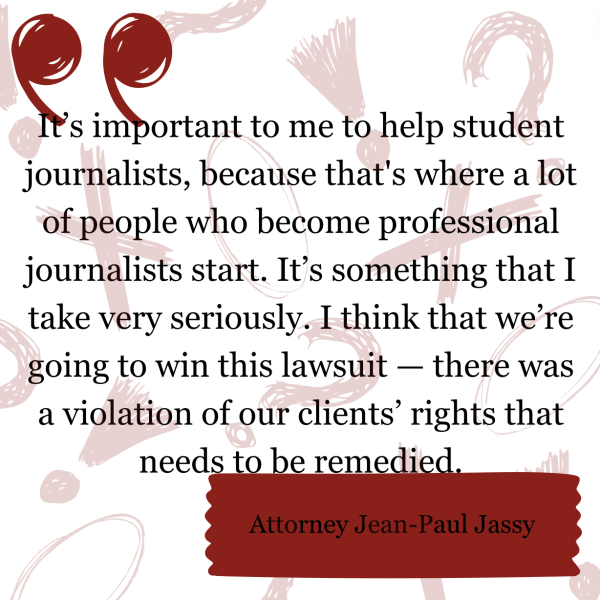
Last year, journalists from the Oracle reached out to Jassy Vick Carolan LLP seeking representation. According to Jassy, the process of filing such a lawsuit begins with filing complaints and seeking further information on both sides, eventually culminating in a court case.
“It’s important to me to help student journalists, because that’s where a lot of people who become professional journalists start,” Jassy said. “It’s something that I take very seriously. I think that we’re going to win this lawsuit — there was a violation of our clients’ rights that needs to be remedied.”
Although California provides extensive protection for student journalists and advisers’ press rights, when censorship does happen, according to Jassy, it can put students into a powerless position or pressure them into actions they may feel uncomfortable with. When information is censored, both Jassy and Mohan assert that value in journalism is lost.
“Censorship is really dangerous, and the wider its scale, the more dangerous it gets,” Mohan said. “If the public can’t hear what’s truly going on, they can’t make informed decisions based on that. The integrity of journalism is lost with censorship, because you don’t know what to trust and whether the reporting that you’re seeing is truly accurate.”
Looking forward, Phukan hopes the lawsuit can stand as a means to reaffirm and defend student press rights rather than pursuing financial settlement.
“I want to see administrative acknowledgement of their censorship,” Phukan said. “At its core, it would be some semblance of justice after all that we went through and are still going through. It is important to me that the administration takes responsibility for what they did, and that we can get the Oracle back to where it was.”
Regardless of the backlash her article faced, Phukan remains centered around the original objective of the story and what journalism represents to her.
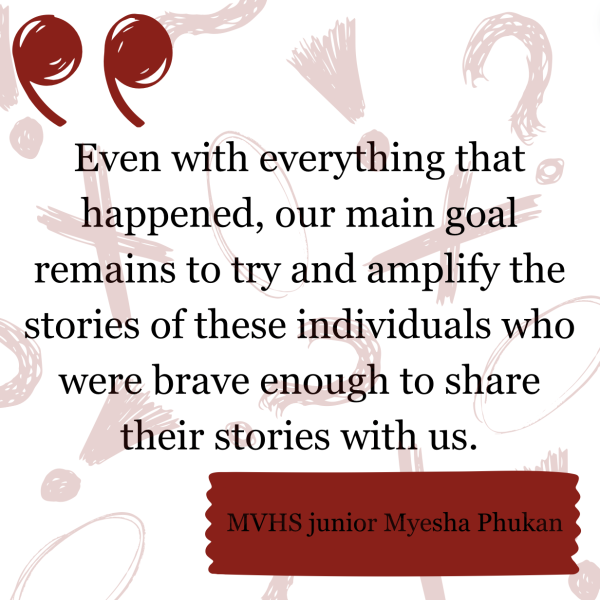 “The lawsuit’s demands are not asking for any financial gain, which I think in itself is a testament to our care for the paper,” Phukan said. “Even with everything that happened, our main goal remains to try and amplify the stories of these individuals who were brave enough to share their stories with us.”
“The lawsuit’s demands are not asking for any financial gain, which I think in itself is a testament to our care for the paper,” Phukan said. “Even with everything that happened, our main goal remains to try and amplify the stories of these individuals who were brave enough to share their stories with us.”





